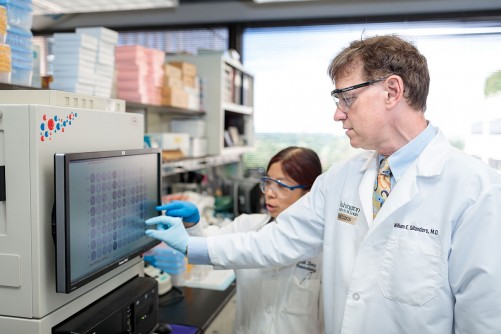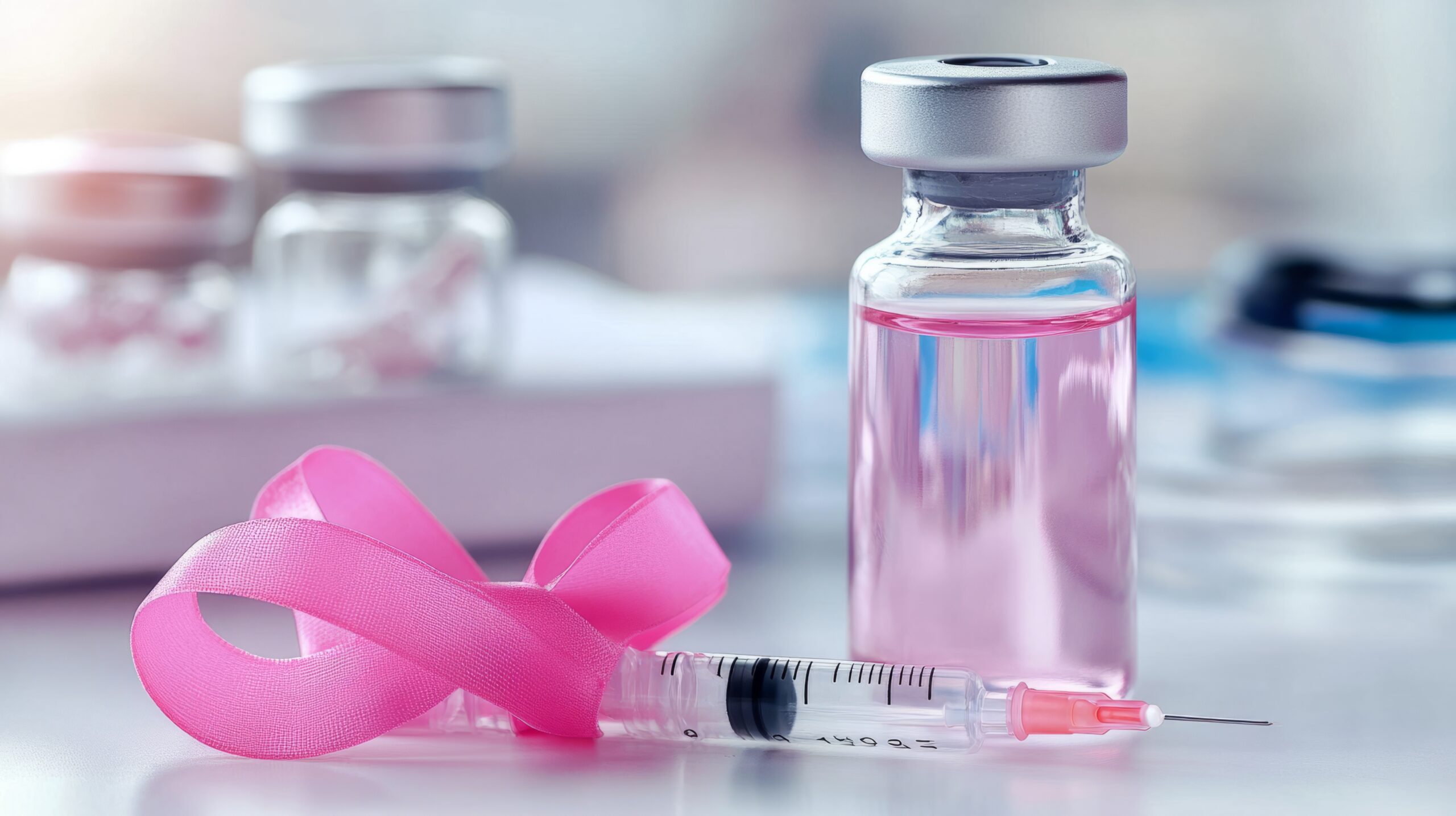Exploring New Advances in Cancer Care and Hope for Patients with Triple-Negative Breast Cancer
For many, a breast cancer diagnosis brings a whirlwind of emotions and questions about treatment options. Patients diagnosed with triple-negative breast cancer (TNBC), one of the more aggressive forms, often face additional challenges due to its limited treatment options. However, new research out of Washington University School of Medicine in St. Louis is giving hope to patients and their families: a groundbreaking investigational vaccine designed to prevent recurrence in those with TNBC.
What Makes Triple-Negative Breast Cancer So Challenging?
Triple-negative breast cancer is different from other types of breast cancer because it lacks receptors for estrogen, progesterone, and HER2 protein. This means traditional therapies that target these hormones or proteins are ineffective, leaving chemotherapy, surgery, and radiation as the standard treatment options. Unfortunately, TNBC also has a higher chance of recurrence and a more aggressive growth pattern. This is especially concerning since African American women are disproportionately affected by this form of cancer, a trend that researchers are working to better understand.
A New Approach to Cancer Treatment
In a recent phase I clinical trial, a small group of 18 patients with TNBC received a personalized neoantigen DNA vaccine. This vaccine is designed to train the immune system to recognize and attack cells with specific mutations unique to each patient’s tumor. Researchers hope this immune-targeted approach will prevent cancer from returning.
The results were encouraging. After three years, 16 of the 18 patients remained cancer-free, showing an impressive response that could mark a shift in how TNBC is managed. Although this trial was small and didn’t include a control group for direct comparison, the researchers analyzed historical data from patients with similar cancer who received only the standard treatment. On average, only about half of those patients remained cancer-free at the three-year mark.
Dr. William E. Gillanders, a professor of surgery at Washington University, expressed optimism about the trial’s results. “We are encouraged by what we’re seeing with these patients so far,” he said. More extensive trials are now underway to confirm these results with larger groups and direct comparisons.

How Does the Vaccine Work?
The process starts with the patient’s tumor. Researchers use specialized software to identify unique mutations in the cancer cells that are not present in healthy cells. The vaccine, customized for each patient, includes a selection of these “neoantigens” that are most likely to trigger a strong immune response. Once administered, the vaccine trains the patient’s immune system to recognize and attack cells bearing these mutations, acting like a “wanted poster” for the immune cells to target.
Looking Ahead: Broader Accessibility and Potential Impact
One exciting aspect of this trial is the software created by Dr. Obi Griffith and Dr. Malachi Griffith at Washington University, which could make cancer vaccine development faster and more accessible worldwide. This software ranks potential neoantigens based on their likelihood of stimulating a robust immune response and has been made widely available to researchers and clinicians.
Furthermore, Washington University’s Siteman Cancer Center is exploring these neoantigen vaccines in combination with immunotherapies called checkpoint inhibitors. These additional therapies could further enhance the immune system’s ability to target and destroy cancer cells, offering even more hope to those facing aggressive cancers.
Hope for the Future
While it’s still early in the research, the potential of this vaccine is undeniable. A targeted, immune-based treatment that offers patients with triple-negative breast cancer the chance to remain cancer-free could be a game-changer. As research continues, we may see new personalized vaccines emerging, giving more patients a fighting chance against aggressive forms of cancer.
Disclaimer: This blog provides general health information and is not a substitute for professional medical advice.

